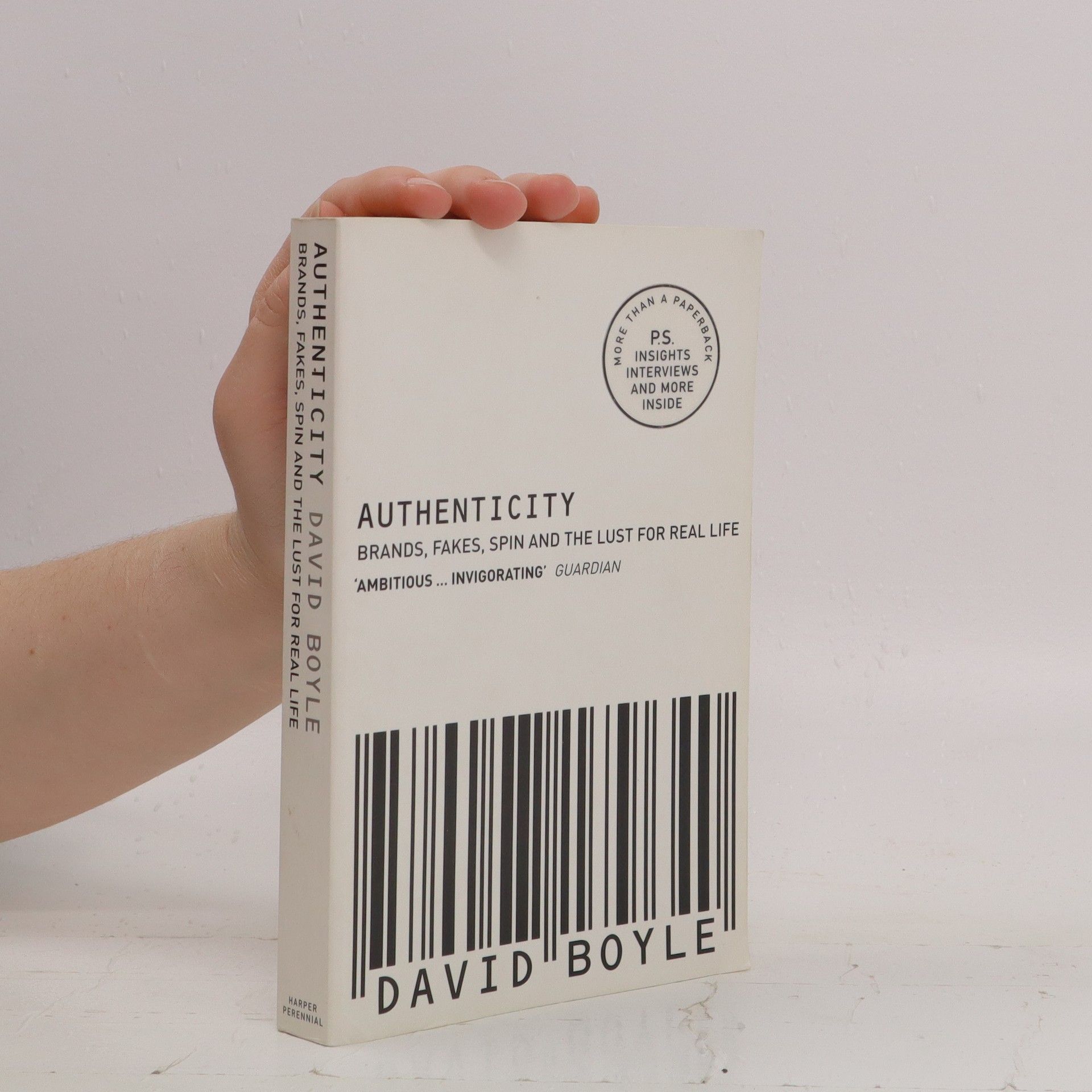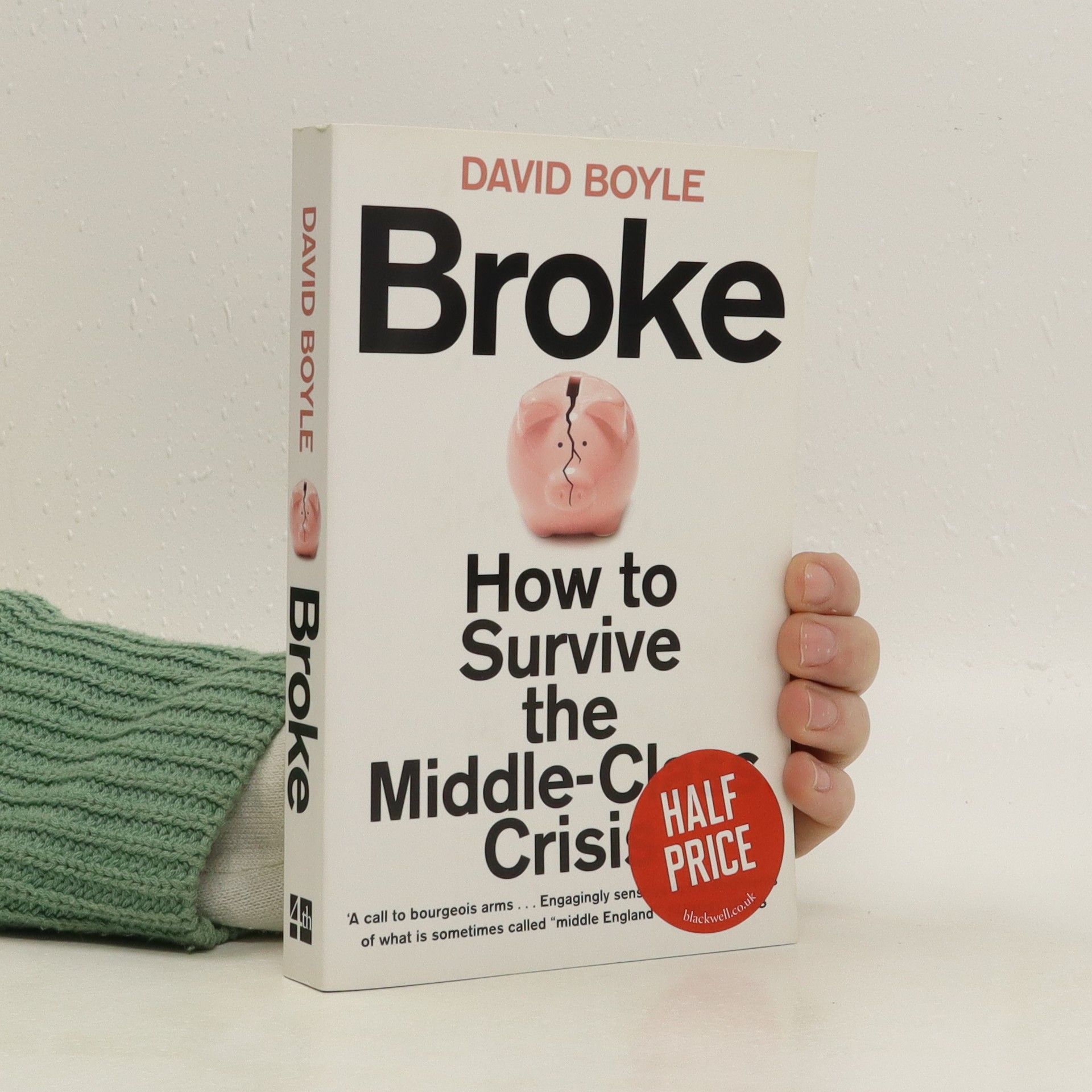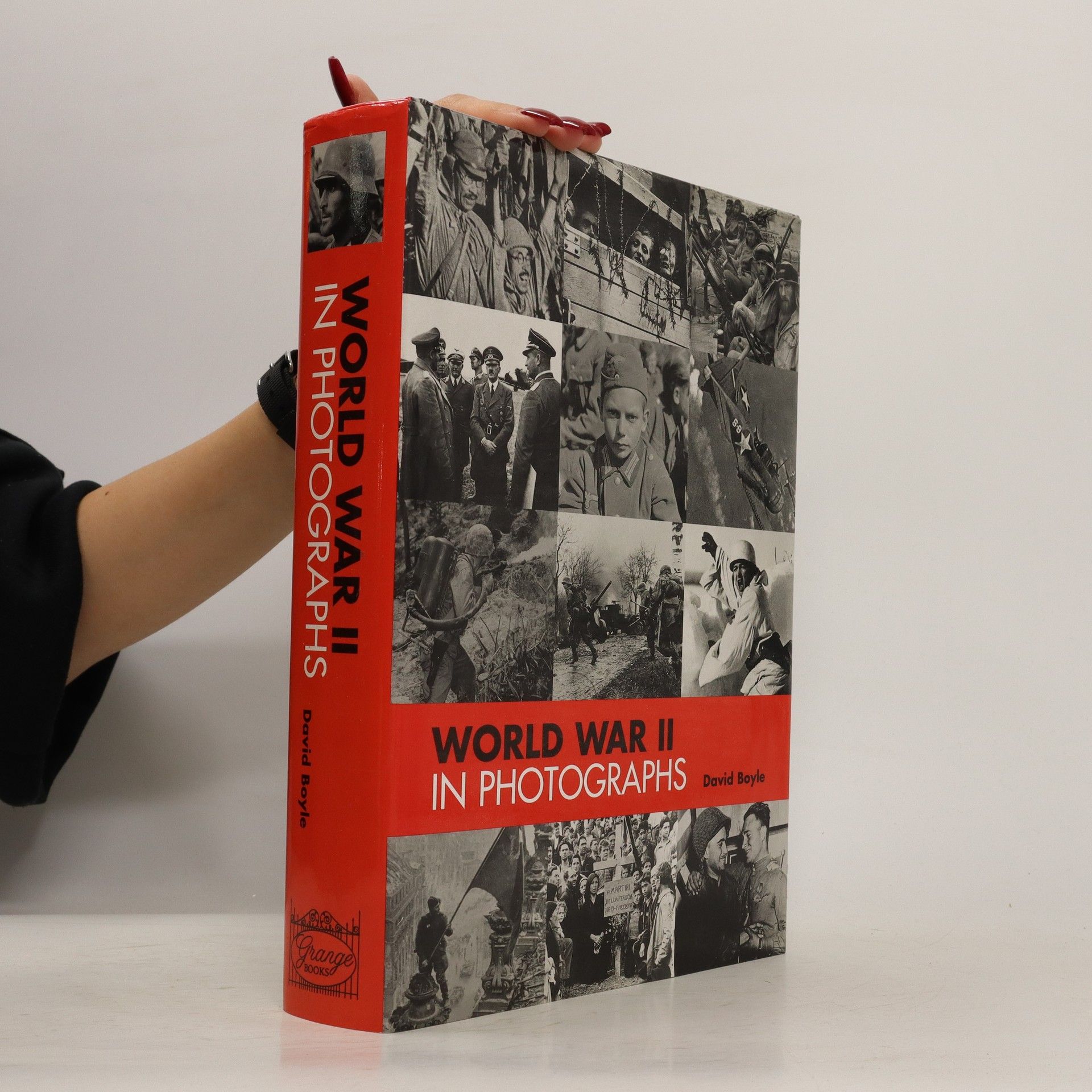David Boyle Libros
David Boyle es un autor cuya obra examina críticamente los fenómenos contemporáneos, centrándose en la historia, el cambio social y el futuro. Ha explorado la búsqueda de la autenticidad como motor social y ha predicho con acierto la reacción social contra el exceso de objetivos gubernamentales. Boyle fue fundamental en el establecimiento del movimiento de bancos de tiempo en el Reino Unido, contribuyendo a la reforma del servicio público e influyendo en debates sobre el futuro del voluntariado, las ciudades y los negocios. Su escritura profundiza en el panorama cambiante del dinero y los sistemas monetarios.






For the first time ever, today's middle classes will struggle to enjoy the same privileges of security and comfort that their grandparents did. How did this situation come about? What can be done about it? In this inquiry, David Boyle questions why the middle classes are diminishing and how their status, independence and values are being eroded.
30-Second Great Inventions
- 160 páginas
- 6 horas de lectura
Great Inventions in 30 Seconds looks at fifty groundbreaking innovations - together with the individuals behind the ideas - that really have changed the world.
Authenticity : brands, fakes, spin and the lust for real life
- 352 páginas
- 13 horas de lectura
David Boyle guides us through the next big thing in Western living – the determined rejection of the fake, the virtual, the spun and the mass-produced, in the search for authenticity. The charms of the global and virtual future we were all brought up to expect, where meals would be eaten in the form of pills and machines would do all our work, have worn rather thin. It's not that we don't want all the advantages of progress, we just want a future that manages to be local and real too. Tracking the struggle for reality from Japanese theme parks to mock-Tudor villas and from Byron to Big Brother, ‘Authenticity’ explains where our reactions against spin and fakeness come from – and where they are going. The current revival of real food, real business, real culture flies in the face of expert opinion from politicians, economists, advertisers and big business – and they're having to run to keep up as our hype attention-span gets ever shorter. Optimistic, witty, highly thought-provoking and packed with fascinating stories, Boyle’s search asks whether coolness is dead, how real reality is and whether realpolitik can ever change into real politics. He puts authenticity firmly on the map, lifting the lid on all the other symptoms of this powerful new phenomenon – revealing the unexpected force that looks set to change all our lives.
Edge City UK: Abomination or new urban form?
- 104 páginas
- 4 horas de lectura
Three decades ago, the Washington Post writer Joel Garreau published his book Edge City. It was subtitled ‘Life on the new American frontier’, and it caused a huge stir on both sides of the Atlantic.In it, he identified a new kind of place - often yet to be recorded on a road atlas - that was shaping the way Americans lived. But what about the UK? Has the erosion of our planning system - not to mention the covid lockdowns, and our crumbling high streets - been sending us in a similar direction?David Boyle and Lesley Yarranton both followed the debate from opposite sides of the world, when the UK shuddered at the edge city idea. But a great deal has changed since then. This book takes them in search of a British version of a big American ideal.With a foreword by Sue Pritchard, chief executive of the Food, Farming and Countryside Commission.
The Xanthe Schneider Enigma Files
- 370 páginas
- 13 horas de lectura
Set against a backdrop of tension and uncertainty, the narrative immerses readers in an era marked by paranoia and danger. The author skillfully portrays the emotional and psychological landscape of the time, drawing on authentic experiences to create a compelling story. With vivid characters and a gripping plot, the book explores the complexities of human behavior in the face of societal upheaval, making it a poignant reflection on resilience and fear.
Tickbox
- 272 páginas
- 10 horas de lectura
It is time we escaped the tentacles of Tickbox. Boyle suggests a series of ways out - starting with recognising the danger and calling it out for what it is - a massive failure, corroding our lives and our ability, as human beings, to act on the world.
Druhá světová válka ve fotografiích
- 600 páginas
- 21 horas de lectura
Druhá světová válka ve fotografiích přináší 900 fotografií vybraných z mnoha zdrojů. Zachycují všechna hlavní bojiště. Kniha přináší unikátní svědectví o době, kdy tři čtvrtiny světa válčily.
Na více než 900 fotografiích dokumentuje tato publikace průběh největšího válečného konfliktu 20.století. Doprovodný text osvětluje historické pozadí a podává přehledné a ucelené informace o tehdejších tragických událostech.

